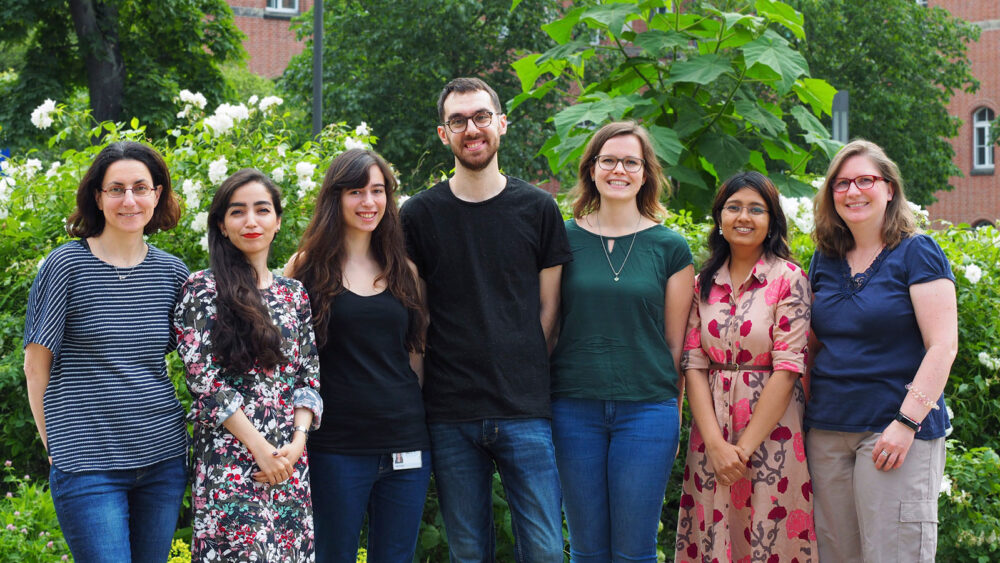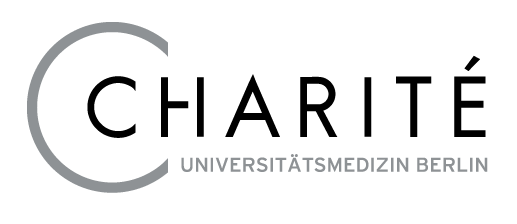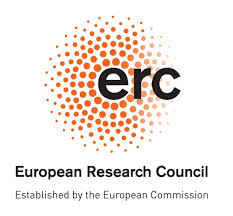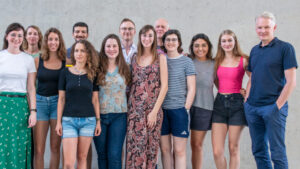

Triantafyllopoulou lab
Macrophage biology and innate networks in chronic inflammatory diseases
Macrophage biology and innate cellular networks in chronic inflammatory diseases
Our group studies innate immune cell biology in chronic diseases with the ultimate goal to unravel the spectrum of mechanisms causing or amplifying autoimmune and inflammatory organ damage and tissue regeneration, and thus lay the ground for personalized medicine. One focus has been to uncover pathways that give rise to disease-associated macrophage and osteoclasts in TNF-driven chronic inflammatory processes, such as the role of the DNA Damage Response in granulomatous diseases, arthritis and bone regeneration (Herrtwich et al. Cell 2016; unpublished data). Another focus is to shed light on the innate lymphoid cell-macrophage-parenchymal cell crosstalk that sustains homeostasis and the role of this network in amplifying inflammatory responses and organ damage in autoimmune diseases (Biniaris-Georgallis*, Aschman*, Stergioula* et al. Nature 2024). Ongoing projects aim to dissect the role of innate cells and innate cell receptors as homeostatic regulators and mechanistic determinants of tissue damage and regeneration in a broad range of conditions, including lupus nephritis, CNS lupus, TNF-driven granulomatous ileitis, TNF-induced osteoclastogenesis and bone regeneration, and alveolar homeostasis.
Keywords
Macrophages
Innate immunity
Chronic inflammation
Granulomatous diseases
Autoimmune organ damage
Rheumatic diseases
SLE
Lupus nephritis
Principal Investigator
Prof. Antigoni Triantafyllopoulou, M.D./Ph.D.
Physician Scientists
Dr. rer. nat. Stylianos-Iasonas Biniaris-Georgallis, M.D. (Junior Clinician Scientist)
Katerina Stergioula, M.D., Ph.D. cand.
Ph.D. students
Paula Maria Bianchi, M.Sc.
Vajiheh Jafari, M.Sc.
Tejal Karmalkar, M.Sc.
Ana Kasapi, M.Sc.
Medical students
Lea Fabry
Lab Manager
Frauke Schreiber (B.T.A)
- Marco Colonna, Washington University St. Louis, USA
- Andreas Diefenbach, DRFZ and Charité Universitätsmedizin, Berlin
- Georg Duda, Berlin Institute of Health and Charité Universitätsmedizin, Berlin
- Anja Hauser, DRFZ, Berlin
- Carmen Infante-Duarte, Charité Universitätsmedizin /MDC, Berlin
- Stipan Jonjic, University of Rijeka, Croatia
- Masatoshi Kanda, Sapporo Medical University, Japan
- Gerhard Krönke, DRFZ and Charité Universitätsmedizin, Berlin
- Mir-Farzin Mashreghi, DRFZ, Berlin
- Martina Molgora, Moffitt Cancer Center, Florida, USA
- Andreas Schlizer, University of Bonn, Bonn
- Christoph Schneider, ETH Zürich, Switzerland
- Efstathios Stamatiades, Charité Universitätsmedizin, Berlin
- Biniaris-Georgallis SI, Aschman T, Stergioula K, Schreiber F, Jafari V, Taranko A, Karmalkar T, Kasapi A, Lenac Rovis T, Jelencic V, Bejarano DA, Fabry L, Papacharalampous M, Mattiola I, Molgora M, Hou J, Hublitz KW, Heinrich F, Guerra GM, Durek P, Patone G, Lindberg EL, Maatz H, Hölsken O, Krönke G, Mortha A, Voll RE, Clarke AJ, Hauser AE, Colonna M, Thurley K, Schlitzer A, Schneider C, Stamatiades EG, Mashreghi MF, Jonjic S, Hübner N, Diefenbach A, Kanda M, Triantafyllopoulou A. Amplification of autoimmune organ damage by NKp46-activated ILC1s. Nature. 2024 Oct;634(8035):952-960. doi: 10.1038/s41586-024-07907-x. Epub 2024 Aug 13. PMID: 39137897
- Kasapi A, Triantafyllopoulou A. Genotoxic stress signalling as a driver of macrophage diversity. Cell Stress. 2022 Feb 14;6(3):30-44. doi: 10.15698/cst2022.03.265. PMID: 35330617 Review.
- Fabry LAR, Triantafyllopoulou A. Der Rolle der DNA-Schadensantwort bei granulomatösen Erkrankungen [The role of the response to DNA damage in granulomatous diseases]. Z Rheumatol. 2022 Dec;81(10):881-887. German. doi: 10.1007/s00393-022-01260-y. Epub 2022 Aug 25. PMID: 36006470; Review
- Herrtwich L, Nanda I, Evangelou K, Nikolova T, Horn V, Sagar, Erny D, Stefanowski J, Rogell L, Klein C, Gharun K, Follo M, Seidl M, Kremer B, Münke N, Senges J, Fliegauf M, Aschman T, Pfeifer D, Sarrazin S, Sieweke MH, Wagner D, Dierks C, Haaf T, Ness T, Zaiss MM, Voll RE, Deshmukh SD, Prinz M, Goldmann T, Hölscher C, Hauser AE, Lopez-Contreras AJ, Grün D, Gorgoulis V, Diefenbach A, Henneke P, Triantafyllopoulou A. DNA Damage Signaling Instructs Polyploid Macrophage Fate in Granulomas. Cell. 2016 Nov 17;167(5):1264-1280.e18. doi: 10.1016/j.cell.2016.09.054. Epub 2016 Oct 27.
- Triantafyllopoulou A, Franzke CW, Seshan SV, Perino G, Kalliolias GD, Ramanujam M, van Rooijen N, Davidson A, Ivashkiv LB. Proliferative lesions and metalloproteinase activity in murine lupus nephritis mediated by type I interferons and macrophages. Proc Natl Acad Sci U S A. 2010 Feb 16;107(7):3012-7. doi: 10.1073/pnas.0914902107. Epub 2010 Jan 26. PMID: 20133703; PMCID: PMC2840310.

 Deutsch
Deutsch



